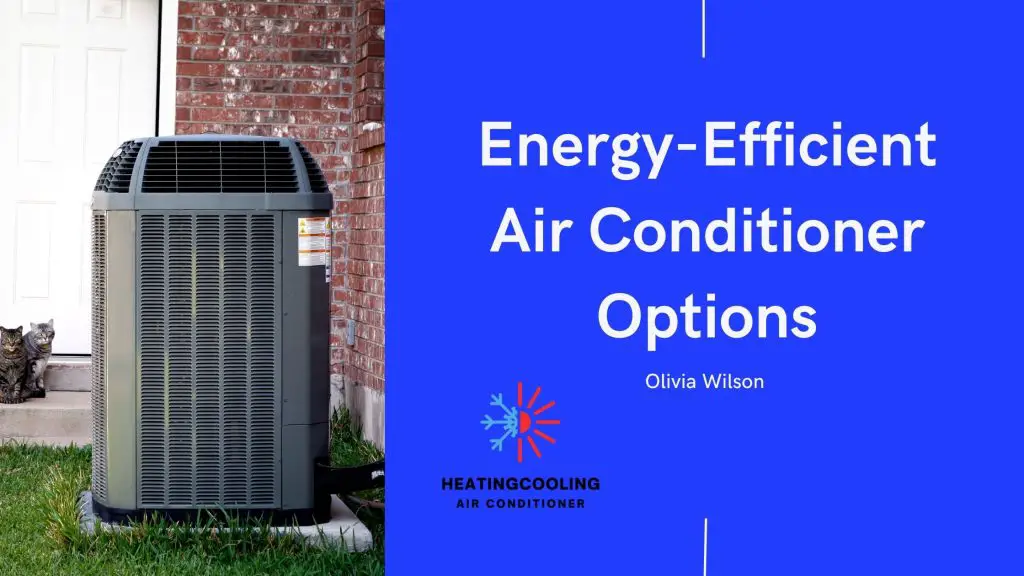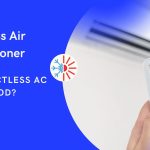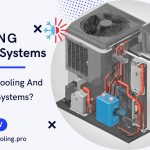With the ever-increasing concern for energy conservation and the rising cost of electricity, it has become essential to find ways to reduce energy consumption in our homes. One significant contributor to high energy usage during the hot summer months is air conditioning. However, with advancements in technology, there are several energy-efficient air conditioner options available in the market today. This article will explore some of the most energy-efficient air conditioner options and provide a detailed analysis of their features, benefits, and drawbacks.
What is the most energy-efficient air conditioner type?
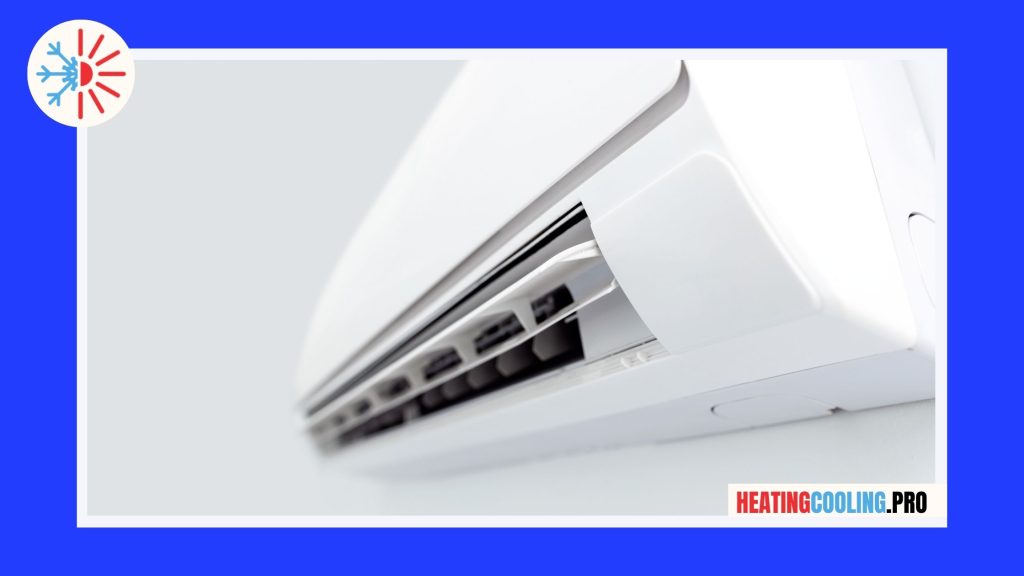
When it comes to energy efficiency, ductless mini-split air conditioners are often considered the most efficient type. These systems operate without the need for ductwork, eliminating energy losses that can occur in traditional ducted systems. Ductless mini-splits have an outdoor compressor/condenser unit and one or more indoor air-handling units that are mounted in different rooms or zones, allowing for personalized cooling and heating.
Another highly energy-efficient air conditioner type is the geothermal heat pump. Geothermal systems utilize the stable temperature of the ground to heat and cool a home. By harnessing the consistent underground temperatures, these systems can achieve remarkable efficiency levels, providing both heating and cooling while significantly reducing energy consumption and utility costs. Variable refrigerant flow (VRF) systems are also known for their energy efficiency. VRF systems can adjust the refrigerant flow rate to match the heating or cooling requirements of different zones in a building, maximizing energy efficiency by precisely controlling the amount of refrigerant needed.
In addition, high-efficiency central air conditioners with variable-speed compressors or inverter technology are gaining popularity for their energy-saving capabilities. These systems can adjust their cooling output based on the indoor temperature and load demands, providing precise and efficient cooling while using less energy compared to traditional fixed-speed units. Ultimately, the most energy-efficient air conditioner type depends on various factors such as the specific needs of your home, climate, budget, and available installation options. It’s essential to assess your circumstances and consult with HVAC professionals to determine the best energy-efficient air conditioner for your situation.
Inverter Air Conditioners
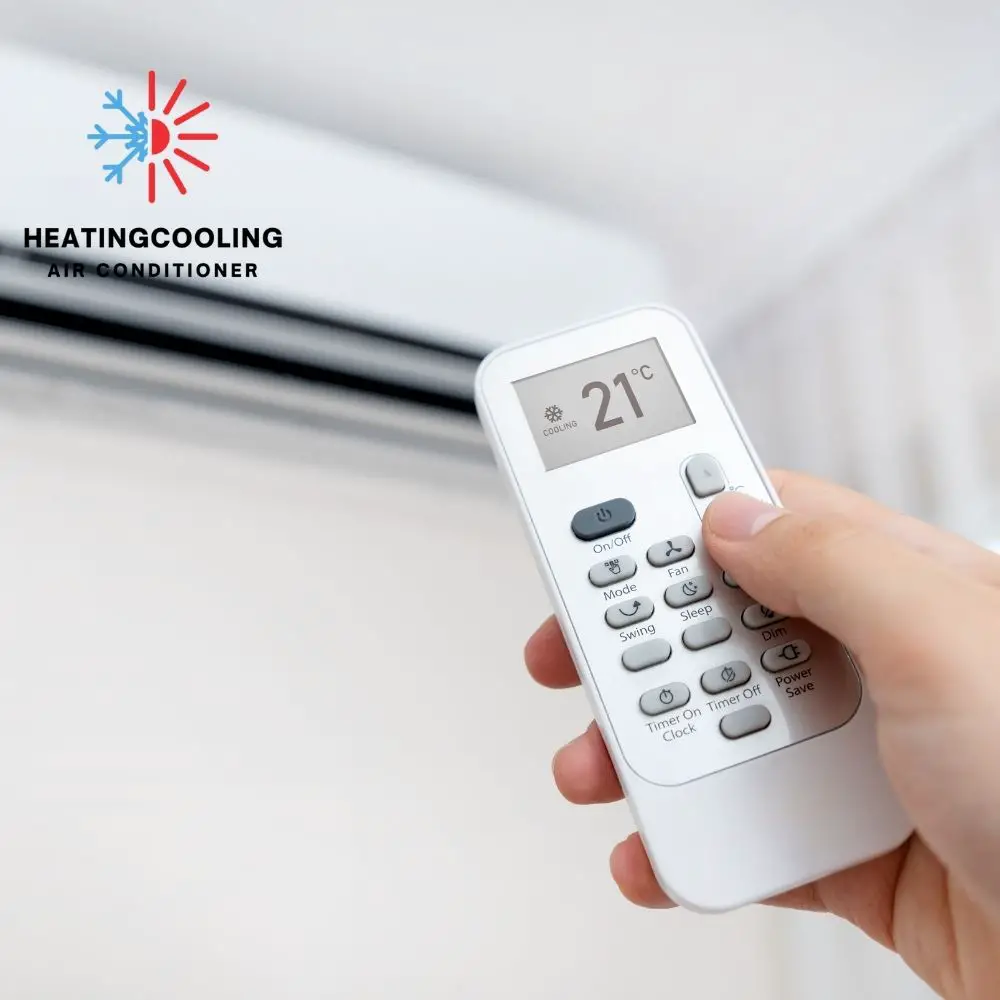
Inverter air conditioners are one of the most energy-efficient options available. Traditional air conditioners operate on a fixed speed compressor, which turns on and off to maintain the desired temperature. In contrast, inverter air conditioners use variable speed technology that adjusts the compressor’s speed based on the cooling load. This allows the unit to operate at lower speeds when the cooling demand is low, reducing energy consumption significantly. Inverter air conditioners not only save energy but also provide better temperature control, quieter operation, and faster cooling/heating.
Geothermal Heat Pumps
Geothermal heat pumps, also known as ground-source heat pumps, are highly efficient air conditioning systems that utilize the stable temperature of the earth to heat and cool your home. These systems work by circulating a fluid through underground pipes, absorbing heat from the ground during the summer and transferring it indoors, and vice versa during the winter. Geothermal heat pumps can achieve efficiencies of up to 400% as they move heat rather than generate it, making them one of the most energy-efficient options available. However, the installation cost of these systems is typically higher than other air conditioning options.
Ductless Mini-Split Air Conditioners
Ductless mini-split air conditioners are another energy-efficient alternative to traditional central air conditioning systems. These systems consist of an outdoor compressor unit and one or more indoor air handling units connected by refrigerant lines. The absence of ductwork eliminates energy losses associated with duct leakage, resulting in higher efficiency. Additionally, the ability to control each indoor unit independently allows for customized temperature settings, reducing energy waste. Ductless mini-split systems are also easier to install and provide zoned cooling, allowing you to cool specific areas of your home rather than cooling the entire space.
Evaporative Coolers
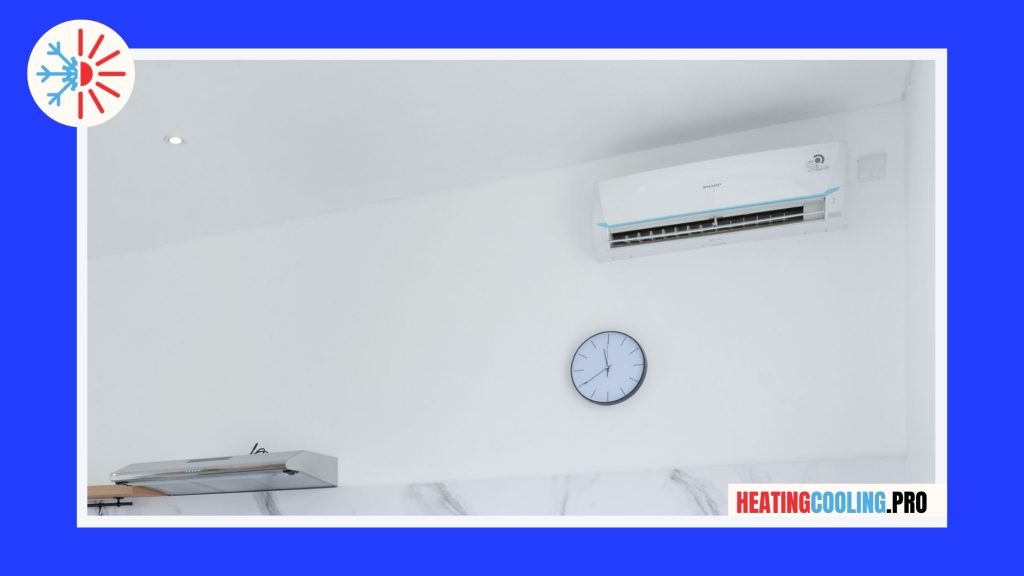
Evaporative coolers, also known as swamp coolers, are a cost-effective and energy-efficient alternative to traditional air conditioners, particularly in dry climates. These systems work by drawing warm outdoor air through water-soaked pads, causing the water to evaporate and cool the air. Unlike traditional air conditioners, evaporative coolers do not rely on refrigerants or compressors, making them more energy-efficient. However, they are less effective in humid climates and require a constant supply of water.
High-Efficiency Central Air Conditioners
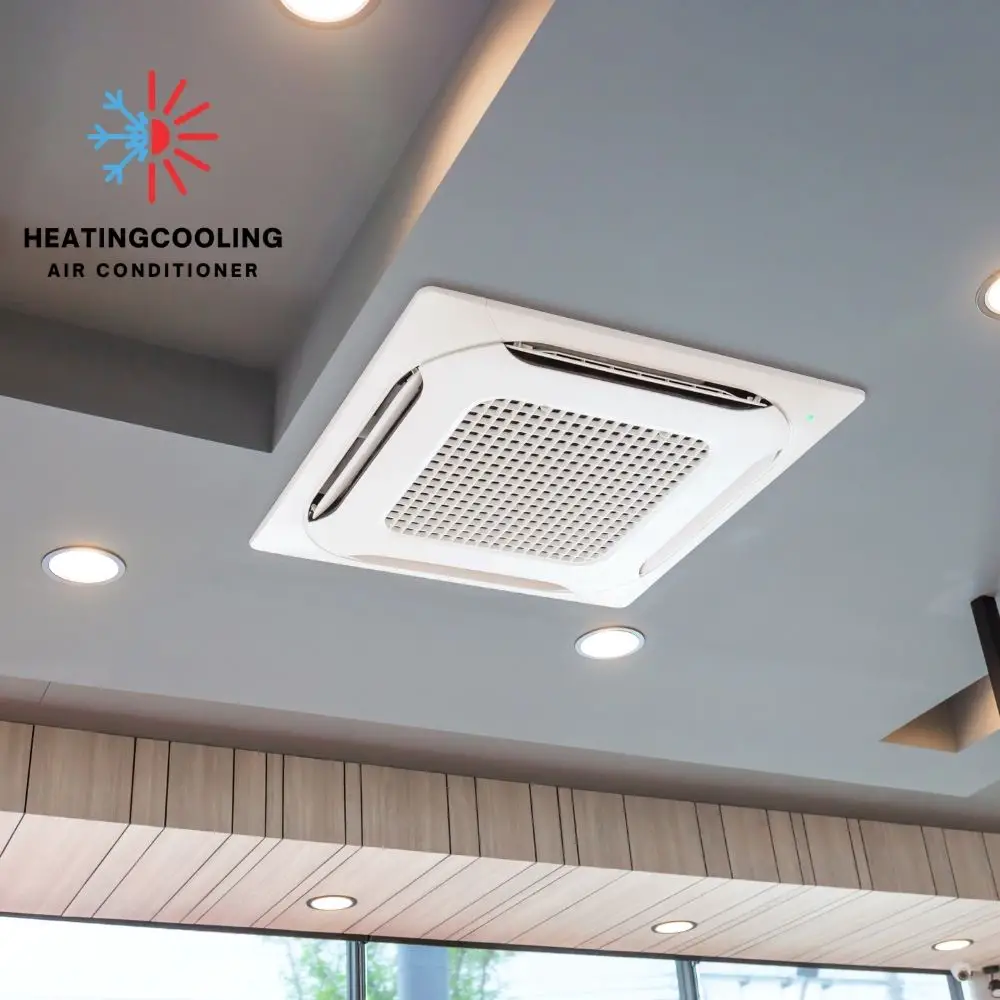
If you prefer a traditional central air conditioning system, opting for a high-efficiency model can significantly reduce your energy consumption. High-efficiency central air conditioners are designed to meet or exceed the minimum energy efficiency standards set by the government. These units utilize advanced technologies such as two-stage compressors, variable speed blowers, and smart thermostats to optimize cooling performance and minimize energy usage. While they may have a higher upfront cost, the long-term savings in energy bills can outweigh the initial investment.
What Is The Rule Of Thumb For Air Conditioning?
The “rule of thumb” for air conditioning is a general guideline or principle that helps determine the appropriate size or capacity of an air conditioner for a particular space. One common rule of thumb is that for every 500 square feet of living space, you should have one ton of air conditioning capacity. This rule is a basic estimate used to get a rough idea of the cooling needs for a space.
However, it’s important to note that relying solely on this rule of thumb may not always lead to the most accurate or efficient choice of an air conditioner. Factors such as insulation, ceiling height, windows, climate, and the orientation of your home can significantly influence the cooling requirements. A more precise calculation, taking into account these variables, is usually recommended to properly size an air conditioner and ensure it operates efficiently and effectively. Ultimately, while the rule of thumb can provide a starting point, a thorough assessment of your specific situation and consulting with HVAC professionals is essential to select the right air conditioning system that meets your comfort needs and maximizes energy efficiency.
What Happens If Ac Is Too Big?
When an air conditioner is too big for the space it’s intended to cool, several issues can arise. First and foremost, the AC will cycle on and off more frequently, a process known as short cycling. This is because the oversized AC cools the room too quickly and reaches the desired temperature rapidly, prompting it to shut off. Short cycling is not only inefficient but also puts unnecessary strain on the AC unit, leading to higher energy bills and more frequent wear and tear on the system.
Moreover, an oversized AC doesn’t run long enough to effectively dehumidify the air. Proper dehumidification is crucial for maintaining a comfortable indoor environment, as excessive humidity can make a space feel clammy and uncomfortable. An oversized AC can leave the air feeling overly moist since it cools the air rapidly without sufficient time to remove the moisture. Financially, an oversized AC can be a costly mistake. While it may seem counterintuitive, a larger AC is more expensive to purchase, install, and operate. It uses more electricity during its short bursts of operation and necessitates a more significant investment upfront.
Lastly, an oversized AC may not evenly distribute cooled air throughout the space. This can result in certain areas feeling colder than others, leading to discomfort for the occupants. Inefficiencies in air circulation can also mean that some parts of the space never reach the desired temperature, despite the AC’s larger capacity. An oversized air conditioner can lead to higher energy costs, insufficient dehumidification, uneven cooling, and increased wear and tear on the system due to frequent cycling. It’s crucial to appropriately size an AC unit to match the cooling needs of the space for optimal efficiency and comfort.
Is It Better To Oversize Or Undersize Ac
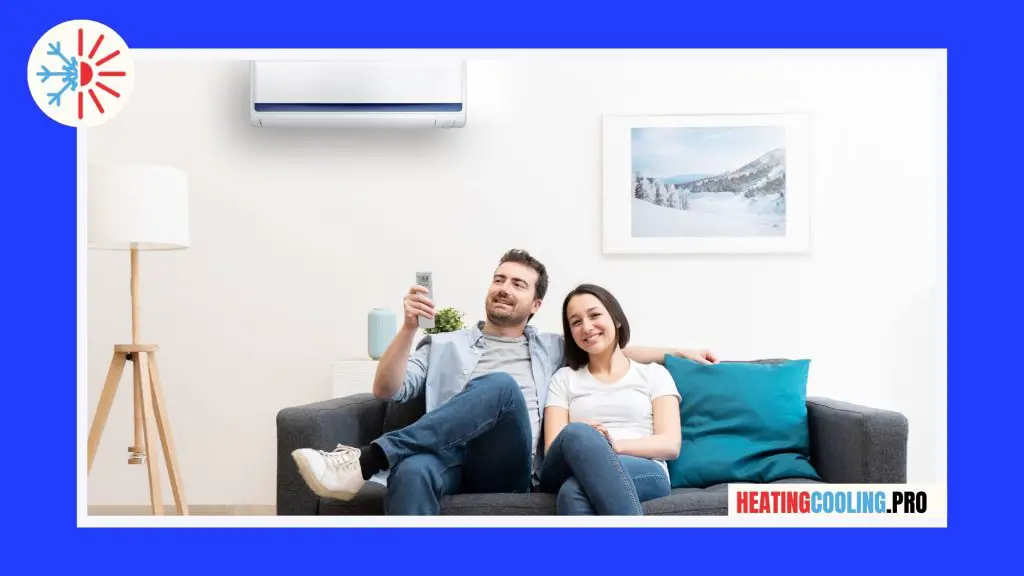
Neither oversizing nor undersizing an air conditioner is ideal; finding the right size is key for optimal performance and efficiency. Oversizing an AC means installing a system with a capacity significantly larger than necessary for the space it’s intended to cool. This can lead to frequent short cycles, where the AC turns on and off quickly, wasting energy, putting strain on the system, and failing to dehumidify the air effectively. It’s an inefficient use of resources and can result in higher upfront costs for the unit.
Conversely, undersizing an AC means selecting a unit that’s too small for the space it needs to cool. This can lead to the AC working continuously to maintain the desired temperature, causing excessive wear and tear on the system and potentially never achieving the desired comfort level. An undersized AC will consume more energy, ultimately increasing utility bills and reducing the lifespan of the unit.
The ideal approach is to accurately size the AC based on the specific needs of the space, considering factors like the size of the room, insulation, climate, and any unique features that may affect cooling requirements. A properly sized AC will run efficiently, maintain comfortable indoor temperatures, dehumidify the air effectively, and last longer, providing cost-effective and optimal cooling. Professional HVAC assessments and consultations can help determine the appropriate size and type of air conditioner for your specific situation.
Conclusion
In conclusion, there are several energy-efficient air conditioner options available in the market today. Inverter air conditioners, geothermal heat pumps, ductless mini-split systems, evaporative coolers, and high-efficiency central air conditioners all offer significant energy savings compared to traditional air conditioning systems. When choosing the most suitable option for your home, consider factors such as climate, installation costs, maintenance requirements, and long-term energy savings. Investing in an energy-efficient air conditioner not only reduces your carbon footprint but also helps you save on electricity bills while keeping your home comfortable during hot summer days.
